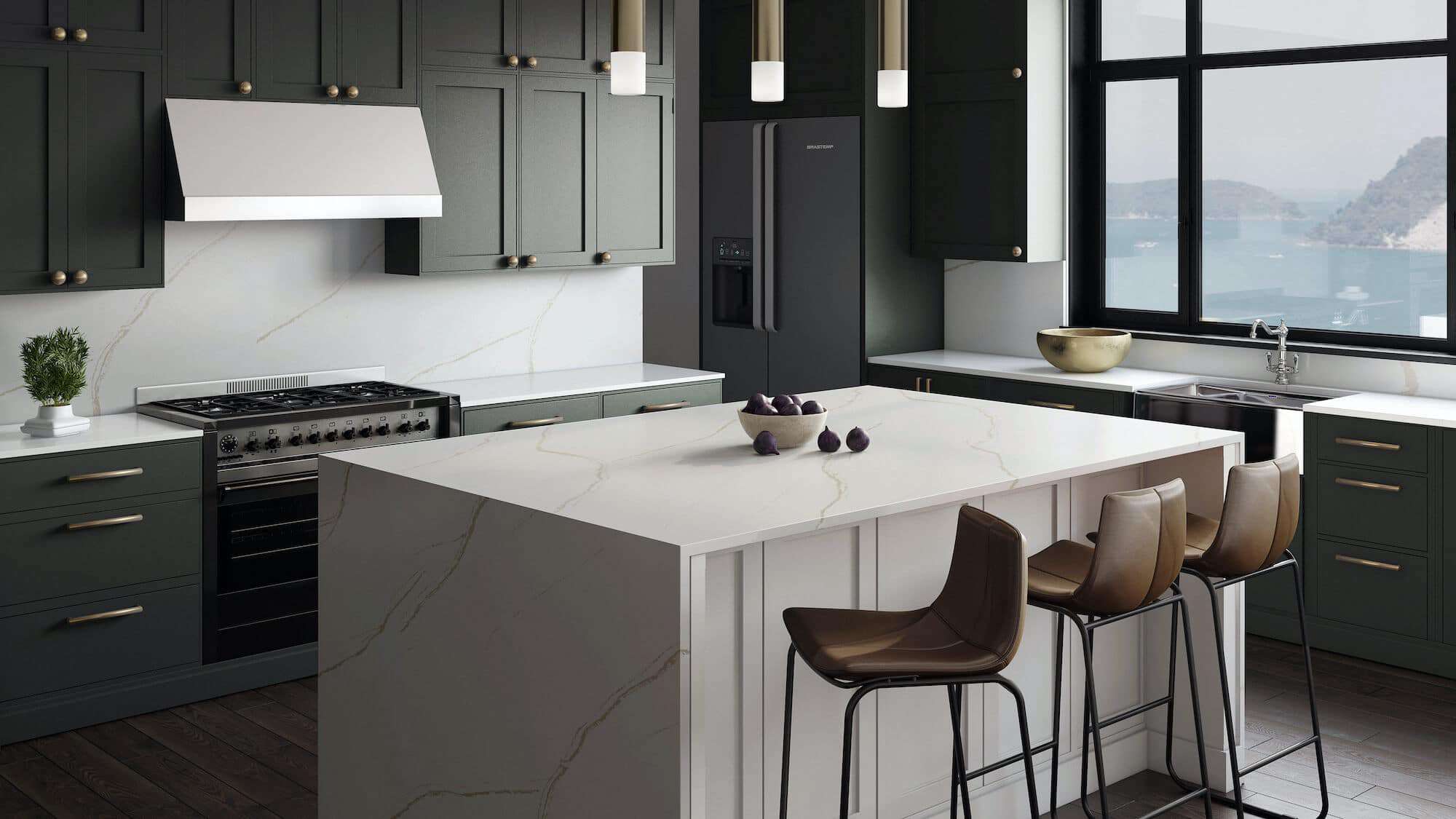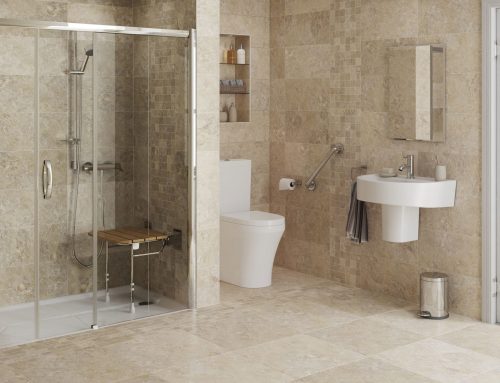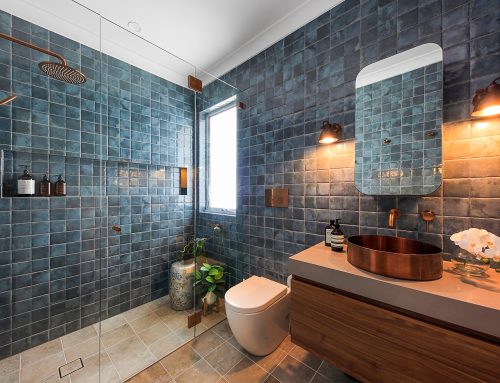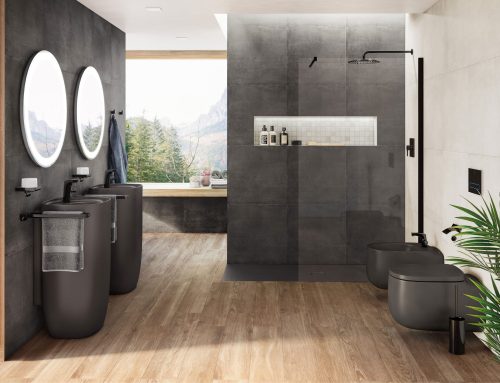As environmental awareness grows, more homeowners are seeking sustainable solutions for their kitchen renovations. Sustainable materials not only reduce environmental impact but also promote healthier indoor air quality and long-term durability. This article explores various eco-friendly materials for kitchen renovation, highlighting their benefits, applications, and practical tips for incorporating them into your home.
The Importance of Sustainable Materials
Sustainable materials are those that have a minimal negative impact on the environment during their production, use, and disposal. They are often sourced responsibly, use less energy and water to produce, and are recyclable or biodegradable. Using sustainable materials in kitchen renovation helps reduce carbon footprints, conserve natural resources, and create a healthier living space.
Key Sustainable Materials for Kitchen Renovation
-
Recycled Countertops
- Recycled countertops are made from repurposed materials such as glass, paper, and composite resins. These countertops are not only environmentally friendly but also offer unique aesthetic appeal.
- Benefits: Durable, low-maintenance, and available in various colors and patterns.
- Applications: Kitchen countertops, islands, and backsplashes.
-
Bamboo Flooring
- Bamboo is a rapidly renewable resource, growing much faster than traditional hardwoods. Bamboo flooring is durable, easy to maintain, and has a natural, elegant appearance.
- Benefits: Renewable, biodegradable, and highly durable.
- Applications: Kitchen flooring, cabinetry, and wall panels.
-
Reclaimed Wood
- Reclaimed wood is sourced from old buildings, barns, and other structures, giving new life to aged timber. It adds a rustic charm to kitchen spaces and reduces the demand for new lumber.
- Benefits: Sustainable, unique character, and durable.
- Applications: Cabinetry, countertops, flooring, and accents.
-
Recycled Metal
- Metals like aluminum, stainless steel, and copper can be recycled indefinitely. Using recycled metal for kitchen elements reduces the need for mining and processing new materials.
- Benefits: Durable, recyclable, and modern aesthetic.
- Applications: Countertops, backsplashes, fixtures, and hardware.
-
Natural Stone
- While natural stone like granite, marble, and slate is not renewable, it is highly durable and long-lasting. Sourcing stone locally and choosing less commonly used stones can make it a more sustainable option.
- Benefits: Long-lasting, recyclable, and aesthetic variety.
- Applications: Countertops, flooring, backsplashes, and sinks.
-
Recycled Glass Tiles
- Recycled glass tiles are made from post-consumer glass products. These tiles come in a wide range of colors and designs, adding a vibrant touch to kitchen spaces.
- Benefits: Recyclable, durable, and visually appealing.
- Applications: Backsplashes, countertops, and accent walls.
-
Low-VOC Paints and Finishes
- Volatile organic compounds (VOCs) in traditional paints and finishes can release harmful chemicals into the air. Low-VOC products minimize indoor air pollution and promote healthier living environments.
- Benefits: Healthier indoor air quality, fewer toxins, and available in various colors and finishes.
- Applications: Cabinetry, walls, and trim.
-
Linoleum Flooring
- Made from natural materials like linseed oil, cork dust, and wood flour, linoleum is biodegradable and durable. It offers a resilient and eco-friendly alternative to vinyl flooring.
- Benefits: Biodegradable, durable, and available in various colors and patterns.
- Applications: Kitchen flooring.
-
Eco-Friendly Cabinets
- Cabinets made from sustainable materials such as FSC-certified wood, bamboo, or recycled wood products are increasingly popular. These cabinets often use non-toxic glues and finishes.
- Benefits: Sustainable, durable, and customizable.
- Applications: Kitchen cabinetry, islands, and storage units.
-
Composite Decking Materials
- Composite materials made from recycled plastics and wood fibers are used in various kitchen applications. These materials are durable, low-maintenance, and resistant to moisture.
- Benefits: Recycled content, durable, and low-maintenance.
- Applications: Countertops, cabinetry, and outdoor kitchen areas.
Benefits of Using Sustainable Materials
- Environmental Impact: Sustainable materials reduce the demand for non-renewable resources and minimize environmental degradation. They often have lower carbon footprints due to reduced energy consumption and emissions during production.
- Healthier Living Spaces: Many sustainable materials are free from harmful chemicals and toxins, contributing to better indoor air quality and overall health. Low-VOC paints and finishes, for example, reduce the release of volatile organic compounds.
- Long-Term Durability: Eco-friendly materials are often chosen for their durability and longevity. Investing in high-quality, sustainable materials can reduce the need for frequent replacements and repairs, saving money and resources in the long run.
- Aesthetic Appeal: Sustainable materials offer unique textures, colors, and patterns that can enhance the visual appeal of your kitchen. Reclaimed wood, recycled glass, and natural stone each bring distinct character and beauty to the space.
- Support for Ethical Practices: Choosing sustainable materials often means supporting companies and practices that prioritize ethical sourcing, fair labor, and environmental stewardship. This aligns with the values of many environmentally-conscious consumers.
Practical Tips for Incorporating Sustainable Materials
- Research and Source Responsibly: Take the time to research and choose materials that are genuinely sustainable. Look for certifications such as FSC (Forest Stewardship Council) for wood products and Cradle to Cradle for a range of materials.
- Prioritize Local Materials: Using locally-sourced materials reduces transportation emissions and supports local economies. It also ensures that the materials are well-suited to your regional climate and conditions.
- Opt for Recycled and Reclaimed Options: Whenever possible, choose materials that are recycled or reclaimed. These options reduce waste and give new life to existing resources, minimizing environmental impact.
- Consider Long-Term Performance: While some sustainable materials may have a higher upfront cost, consider their long-term benefits in terms of durability and maintenance. Investing in high-quality, sustainable materials can save money over time.
- Collaborate with Eco-Conscious Professionals: Work with contractors, designers, and suppliers who prioritize sustainability. Their expertise and commitment to eco-friendly practices can help ensure a successful and environmentally-responsible renovation.
- Use Low-Impact Installation Methods: Minimize waste and environmental impact during installation by using low-impact methods. This includes recycling construction waste, using non-toxic adhesives, and ensuring proper ventilation.
- Integrate Energy-Efficient Appliances: Complement your sustainable materials with energy-efficient appliances. Look for ENERGY STAR-rated appliances that use less water and energy, further reducing your kitchen’s environmental footprint.
- Maintain and Care for Your Materials: Proper maintenance extends the life of sustainable materials. Follow manufacturer guidelines for cleaning and upkeep, and address any repairs promptly to prevent further damage.
Case Studies of Sustainable Kitchen Renovations
- The Urban Eco-Kitchen: This kitchen features recycled glass countertops, bamboo flooring, and reclaimed wood cabinetry. The use of low-VOC paints and energy-efficient appliances creates a healthy and sustainable space that combines modern design with eco-friendly materials.
- The Rustic Green Kitchen: In this rustic kitchen, reclaimed barn wood is used for cabinetry and flooring, complemented by a natural stone countertop. The design prioritizes local materials and craftsmanship, resulting in a warm and inviting space with a minimal environmental impact.
- The Minimalist Sustainable Kitchen: A minimalist approach is taken in this kitchen, with clean lines and eco-friendly materials such as FSC-certified wood cabinets and recycled metal accents. The use of energy-efficient lighting and appliances enhances the sustainability of the design.
- The High-Tech Eco-Kitchen: Combining smart technology with sustainable materials, this kitchen features recycled composite countertops, linoleum flooring, and smart, energy-efficient appliances. The integration of smart home technology helps monitor and reduce energy consumption, creating a high-tech yet eco-friendly space.
- The Coastal Eco-Retreat Kitchen: Inspired by coastal living, this kitchen uses reclaimed driftwood for cabinetry, recycled glass tiles for the backsplash, and natural stone countertops. The design emphasizes sustainability while capturing the serene beauty of coastal environments.
Conclusion
Incorporating sustainable materials into your kitchen renovation is a meaningful way to reduce environmental impact, promote healthier living spaces, and create a durable and aesthetically pleasing environment. By choosing eco-friendly options such as recycled countertops, bamboo flooring, reclaimed wood, and low-VOC finishes, you can make a positive contribution to the planet while enhancing your home.
Whether you’re aiming for a rustic, minimalist, high-tech, or coastal style, there are sustainable materials available to suit your design preferences and lifestyle needs. By researching and sourcing responsibly, prioritizing local and recycled options, and collaborating with eco-conscious professionals, you can achieve a successful and environmentally-responsible kitchen renovation that aligns with your values.
A division of Ross Brothers Construction Click here to see all our completed projects




